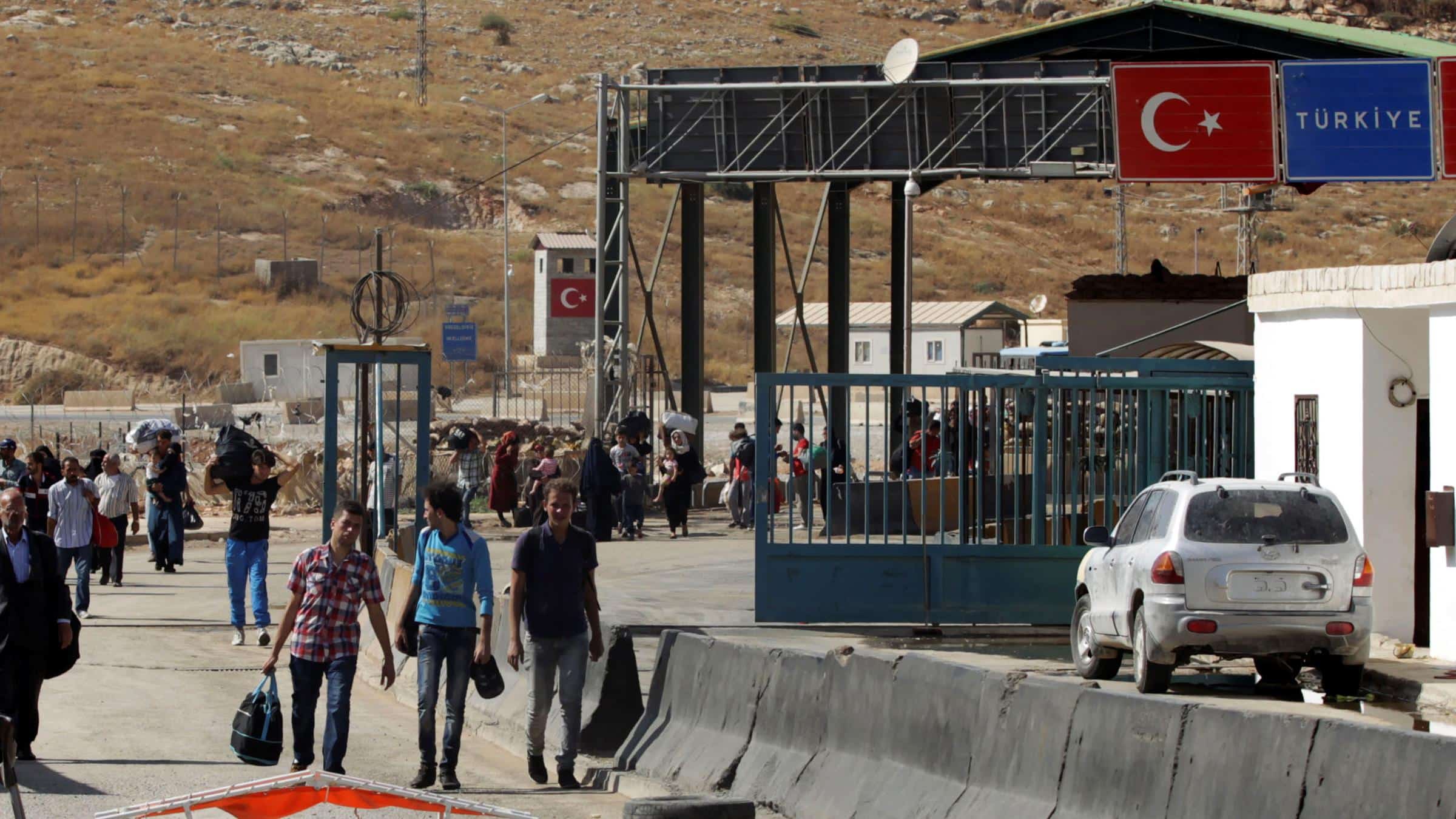Prime Minister Mr. Narendra Modi
Prime Minister’s Office
South Block, Raisina Hill
New Delhi – 110011
Ms. Smriti Zubin Irani
Minister for Women and Child Development
Shastri Bhawan
New Delhi – 110001
Mr. Thaawarchand Gehlot
Minister of Social Justice and Empowerment
A-Wing, Shastri Bhawan
New Delhi – 110001
June 28th, 2021
Dear Prime Minister Modi,
dear Minister Irani, dear Minister Gehlot,
With this letter we, the Members of Parliament, would like to express our utmost
concern regarding the rising number of grave incidents of rape and sexual violence
against Dalit women and girls, which have been taking place in India over the last
few years. The horrific crime of gang rape and physical attack committed in Hathras
on 14 September 2020 resulted in the death of a young Dalit woman. The case drew
widespread outrage globally and is sadly not an isolated incident. Rather, the Hathras
case represents a worrying trend of rapes against women and girls in India,
particularly against marginalized communities, who face additional atrocities and are
at increased risk of sexual violence.
We are profoundly worried about the downplaying by key State officials of the grave
criminal nature of sexual violence against women and girls, particularly when
committed against marginalized communities. In the Hathras case, for instance, the
Uttar Pradesh (UP) authorities initially denied that the rape took place, they cremated
the body of the victim without the consent of the family, and arrested journalists and
civil society activists protesting against these actions or reporting on the case. Such
procedure contributes to the prevailing culture of impunity for such crimes.
As per the National Crime Records Bureau’s (NCRB) report of 2018, UP tops the list
of number of crimes committed against Dalits, including Dalit women. The state has
also recorded the maximum number of cases of rape (526), attempt to rape (48),
incidences of abduction of Dalit women (381), and incidences of assault (711) in 2018
under the Scheduled Castes and Scheduled Tribes (Prevention of Atrocities) (SC/ST
[PoA]) Act. 50766 cases pending in UP which makes the pendency rate to be 95.3%.
Failure to adequately address cases of sexual violence and to improve access to
justice complicates our current and future relations, as we are committed to
achieving the Sustainable Development Goals and aligning with our shared
international human rights commitments. Respect for human rights and rule of law
requires strong actions by the Indian government, too. We would wish such actions
to be implemented at the highest level to address in particular impunity for crimes
of sexual violence against Dalit women and girls, and to effectively enforce and
implement existing laws on sexual violence and caste-based atrocities.
We may also add that India’s human rights situation, particularly women’s rights,
are critically considered by international bodies, such as the Committee on the
Elimination of Discrimination against Women, mandate holders of the UN Special
Procedures as well as within the UPR mechanism.
We would like to consider India our partner in a joint effort for a better world. A world
that protects human rights, achieves equality for women and girls and promotes
justice for all. Sexual violence should not be tolerated irrespective of which
community the victim belongs to.
Yours sincerely,
Omid Nouripour, Member of the German Bundestag
Margarete Bause, Member of the German Bundestag
Ulle Schauws, Member of the German Bundestag
Claudia Roth, Vice-President of the German Bundestag
Britta Hasselmann, First Parliamentary Secretary of the Alliance 90/The Greens
parliamentary group in the Bundestag
Anton Hofreiter, Leader of the Alliance 90/The Greens parliamentary group in
the Bundestag
Lisa Paus, Member of the German Bundestag
Katja Keul, Member of the German Bundestag
Cem Özdemir, Member of the German Bundestag
Beate Müller-Gemmeke, Member of the German Bundestag
Maria Klein-Schmeink, Member of the German Bundestag
Tobias Lindner, Member of the German Bundestag
Luise Amtsberg, Member of the German Bundestag
Kordula Schulz-Asche, Member of the German Bundestag
Kai Gehring, Member of the German Bundestag
Anna Cavazzini, Member of the European Parliament
Frank Schwabe, Member of the German Bundestag
Margit Stumpp, Member of the German Bundestag
Harald Ebner, Member of the German Bundestag
Filiz Polat, Member of the German Bundestag
Lisa Badum, Member of the German Bundestag
Terry Reintke, Member of the European Parliament
Uwe Kekeritz, Member of the German Bundestag
Bettina Hoffmann, Member of the German Bundestag
Julia Verlinden, Member of the German Bundestag
Renate Künast, Member of the German Bundestag
Ottmar von Holtz, Member of the German Bundestag
Steffi Lemke, Member of the German Bundestag
Sylvia Kotting-Uhl, Member of the German Bundestag
Franziska Brantner, Member of the German Bundestag
Frithjof Schmidt, Member of the German Bundestag
Frank Heinrich, Member of the German Bundestag
Hannah Neumann, Member of the European Parliament
Christian Kühn, Member of the German Bundestag
Jensen Gyde, Member of the German Bundestag
Heidi Hautala, Member of the European Parliament
Alviina Alametsä, Member of the European Parliament
Peter Heidt, Member of the German Bundestag
Heike Hänsel, Member of the German Bundestag
Christopher Gohl, Member of the German Bundestag
Nicole Bauer, Member of the German Bundestag
Jürgen Trittin, Member of the German Bundestag
Katharina Dröge, Member of the German Bundestag
Download
Open Letter on Sexual Violence against Dalit women and girls_final
